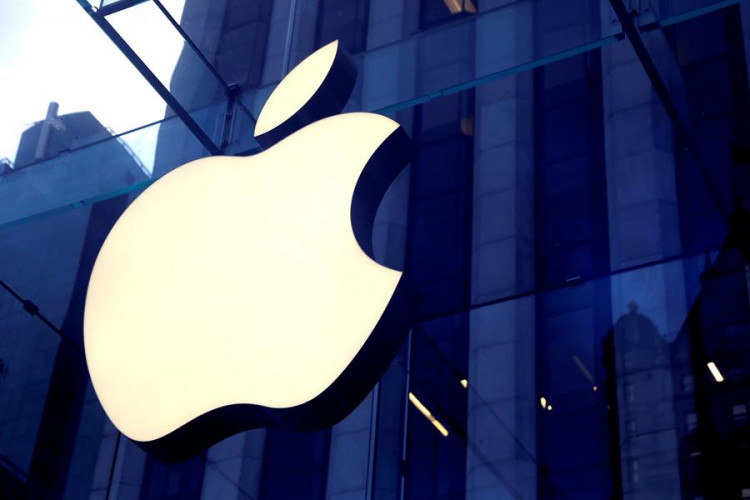Apple Inc. (AAPL) delivered its second-quarter earnings report on Thursday, surpassing Wall Street expectations even as iPhone sales fell by 10%. Despite the overall decline in revenue, particularly in the Greater China region, the tech giant saw its shares rise by as much as 4% in extended trading.
For the quarter ended March 30, Apple posted earnings per share (EPS) of $1.53, eclipsing analyst predictions of $1.50, on revenue of $90.8 billion-also above the anticipated $90.3 billion. Notably, while iPhone revenue decreased to $45.96 billion from $51.33 billion the previous year, it still exceeded the forecasted $46.00 billion slightly.
The Cupertino-based company announced significant moves in its financial strategy, including an authorization for an additional $110 billion in share repurchases and a dividend increase to $0.25 per share. This move marks the largest share buyback in the company's history, signaling strong confidence in its financial health and future prospects.
Apple's financial chief, Luca Maestri, emphasized the company's resilience, particularly in mainland China despite economic slowdowns and heightened competition from local manufacturers like Huawei. Maestri pointed out that the company experienced growth in this critical market, countering trends of declining sales.
The company's Mac and iPad segments also told a story of mixed results. Mac sales were robust at $7.45 billion, surpassing expectations of $6.79 billion, driven by strong demand for new MacBook Air models equipped with the upgraded M3 chip. Conversely, iPad revenue declined to $5.55 billion, falling short of the anticipated $5.91 billion, reflecting a dip in demand ahead of expected new product announcements.
One significant area of strength for Apple was its Services segment, which reached an all-time high of $23.87 billion in revenue, up from $20.91 billion the previous year and above expectations of $23.28 billion. This growth highlights the increasing importance of recurring revenue streams from subscriptions, warranties, and licensing deals.
As Apple gears up for its Worldwide Developers Conference (WWDC) in June, the industry is abuzz with speculation about the company's plans to integrate generative AI into its products. Despite being relatively late to the AI race compared to peers like Google and Samsung, Apple has been actively acquiring AI firms and developing its technology, suggesting significant announcements could be on the horizon.
Moreover, the tech giant is preparing to unveil new versions of its operating systems at WWDC, which could include major updates across iOS, macOS, watchOS, iPadOS, and visionOS. The integration of AI technologies into these platforms could be a game-changer, potentially driving future growth and product differentiation.
Despite the current challenges, including a drop in Other Products revenue and the slow uptake of the new Vision Pro headset, Apple's comprehensive strategy and robust Services growth provide a cushion against the softer performance in hardware sales. The company remains a dominant player in the tech sector, with strategic moves that could reshape its trajectory in the coming years.



